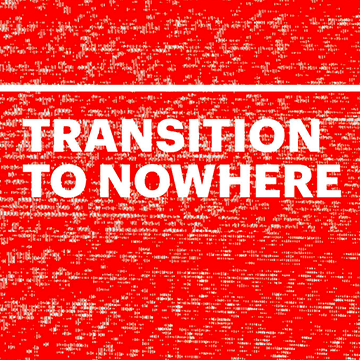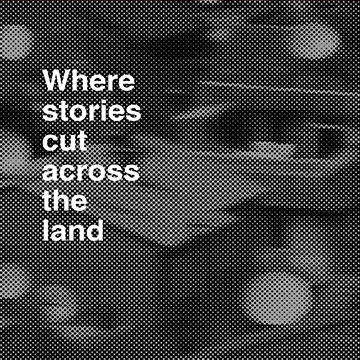Cecilia Vicuña’s liberatory text Language is Migrant interrogates the capacity of language within and through our wounded oral cultures and lexical histories. With her in mind, and emanating from the 2022 edition of Colomboscope festival, SCROLL also engages with the idea of language as a complex translator and migratory force, via the medium of print.
Tag: borders
SCROLL Part 2: It is Not the Seas that Scare Me
SCROLL's second issue ‘It is Not the Seas that Scare of Me’ is created in collaboration with Colomboscope 2019. For this issue, the oceanic frontier becomes a jumping off point for artists and writers to examine concerns around trade & exchange, economy & colonization and sexuality & the surreal.
Transition to Nowhere
Today, after Post-Communism has ended in chaos and confusion, we are entitled to ask: was it a condition, or a transition; a rise or a decline; progression, regression or simply a time-lag? Has it ever shaped its own form of social being, a unique mode of economic production, a politics of its own, a culture? Or was it just another interregnum of history, full of morbid symptoms we cannot get rid of?
Not Working
This book is published on the occasion of the exhibition Not Working, Artistic production and matters of class at Kunstverein München from September 12 until November 22, 2020. It includes contributions that form a theoretical, literary, and poetic extension of exhibition bringing together international artists, theorists and writers who in their work examine the interdependence of artistic production and social class.
Where stories cut across the land
This is not an artist’s book about borders. Rather, it is an artist’s book about overcoming the influence of politics on the land within the borders of unrecognized or semi-recognized states. It is a document of the fragmented symptoms of the “Bosnian pot” character of governance, in which all components simultaneously complement and eliminate each other.




